Vitamin B12 Tablets for Dogs: Complete Guide to Benefits, Indications, Dosage & Safety
Just like humans, dogs require this essential water-soluble vitamin for energy production, red blood cell formation, nerve function, and digestive health. While many dogs get enough B12 through their regular diet, some may require supplementation due to underlying health conditions or absorption issues.
What is Vitamin B12 (Cobalamin)?
Vitamin B12 is a water-soluble vitamin that is not synthesized in the body and must be obtained through diet or supplementation. It is vital for numerous physiological processes:
- DNA synthesis
- Neurological function
- Formation of red blood cells
- Protein and fat metabolism
- Maintenance of a healthy gastrointestinal system
Cobalamin is stored mainly in the liver, but chronic deficiency can lead to serious health issues, especially in dogs with gastrointestinal diseases.
Why Dogs Might Need Vitamin B12 Supplementation
Although B12 is present in animal-based proteins such as meat, liver, eggs, and dairy, certain dogs may not be able to absorb or retain adequate levels due to specific health conditions.
Common Reasons for B12 Supplementation in Dogs:
- Gastrointestinal Disorders:
- Exocrine Pancreatic Insufficiency (EPI)
- Inflammatory Bowel Disease (IBD)
- Chronic enteropathies
- Small Intestinal Bacterial Overgrowth (SIBO)
- Liver Diseases:
- Impaired storage or metabolism of B12
- Pancreatic Disorders:
- Decreased production of intrinsic factor, which is necessary for B12 absorption
- Genetic Predispositions:
- Breeds like Border Collies, Beagles, and Giant Schnauzers may have a hereditary cobalamin deficiency
- Parasitic Infections:
- Intestinal parasites can interfere with nutrient absorption
- Malnutrition or Poor Diet:
- Dogs fed unbalanced homemade diets or low-quality commercial foods
- After Surgeries or Illness:
- To aid recovery and boost immune system strength
Key Indications for Vitamin B12 Tablets in Dogs
Vitamin B12 tablets are prescribed or recommended in several clinical situations. Below are the most recognized indications for their use:
1. Chronic Digestive Issues
Dogs with diarrhea, vomiting, weight loss, or poor nutrient absorption may benefit from B12. The vitamin helps restore normal intestinal function and facilitates the healing of the gut lining.
2. Cobalamin Deficiency
A blood test revealing low B12 levels is a primary indication for tablet supplementation. Clinical signs may include:
- Lethargy
- Anemia
- Weakness
- Loss of appetite
- Failure to thrive (especially in puppies)
3. Exocrine Pancreatic Insufficiency (EPI)
This condition impairs the pancreas’s ability to produce digestive enzymes, resulting in poor absorption of B12. Long-term supplementation is often necessary.
4. Inflammatory Bowel Disease (IBD)
Dogs with IBD frequently experience malabsorption. Vitamin B12 supports mucosal repair and nutrient assimilation.
5. Recovery from Surgery or Illness
Vitamin B12 helps accelerate tissue regeneration, improve energy levels, and support immune function during the recovery phase.
6. Support in Senior Dogs
As dogs age, they may experience reduced absorption of nutrients.
Benefits of Vitamin B12 Tablets for Dogs
Promotes Healthy Nerve Function
Deficiency in B12 can lead to neurological issues. Supplementation supports brain and spinal cord function.
Improves Appetite and Weight Gain
Especially helpful for dogs recovering from illness or surgery, B12 stimulates hunger and supports healthy weight gain.
Supports Red Blood Cell Formation
B12 is essential for hematopoiesis (formation of blood cells), helping to prevent or treat anemia.
Enhances Gastrointestinal Health
It promotes the repair of the gastrointestinal lining and improves digestion, particularly in dogs with chronic diarrhea or malabsorption.
Boosts Immunity
Vitamin B12 helps maintain a robust immune response, reducing susceptibility to infections.
Administration and Proper Dosage of Vitamin B12 in Dogs
Vitamin B12 tablets provide a convenient, non-invasive solution for treating and managing cobalamin deficiency in dogs. Correct dosage and administration are crucial to ensure efficacy, minimize side effects, and support long-term recovery or maintenance.
General Dosage Guidelines
- Dog’s weight
- Severity of deficiency
- Underlying health condition (e.g., EPI, IBD)
- Form of cobalamin used (usually cyanocobalamin or methylcobalamin)
- Veterinarian recommendation
Below is a general guideline for daily oral Vitamin B12 tablet dosages:
| Dog’s Body Weight | Daily Vitamin B12 Dose |
| Up to 5 kg | 100–250 mcg |
| 5 – 10 kg | 250–500 mcg |
| 10 – 20 kg | 500–750 mcg |
| 20 – 40 kg | 750–1000 mcg |
| Over 40 kg | 1000 mcg or as advised |
Frequency of Administration
- Standard protocol: Once daily
- For chronic conditions: May require daily administration over several weeks or months
- Maintenance dose: May be reduced to 2–3 times per week after initial correction phase
- Prevention or support: In healthy dogs or aging pets, a low dose (once every 2–3 days) may suffice under vet guidance
Administration Method
Vitamin B12 tablets are easy to administer orally, either directly or mixed with food.
Common methods of administration:
- Direct pill method:
- Open your dog’s mouth gently
- Gently close the mouth and massage the throat
- Follow with a treat or water
- Hide in food:
- Use soft foods (like canned food or peanut butter)
- Crush and mix:
- Ensure your dog consumes the full portion
- Use of pill pockets:
- Commercially available soft treats designed to hide tablets
- Ideal for picky eaters
Monitoring and Adjustment
For dogs undergoing B12 therapy, it is important to monitor clinical improvement and re-test blood levels after 4–6 weeks. Based on the outcome, your veterinarian may:
- Increase the dosage
- Reduce the frequency for maintenance
- Switch to injectable B12 if oral absorption is insufficient
Signs of Vitamin B12 Deficiency in Dogs
Identifying a deficiency early is key to preventing complications. Some common symptoms include:
- Chronic fatigue or lethargy
- Loss of appetite
- Weight loss
- Diarrhea or soft stools
- Depression
- Weakness in hind limbs
- Pale gums (due to anemia)
- Cognitive decline in older dogs
If your dog displays any of these signs, consult your veterinarian for a serum cobalamin test.
Vitamin B12 for Dogs: Contraindications and Safety Concerns
Safety Profile
Vitamin B12 (cobalamin) is considered very safe for use in dogs, even at higher-than-recommended doses. Being a water-soluble vitamin, excess amounts are not stored in the body but are instead eliminated through urine, reducing the risk of toxicity. This makes it ideal for both short-term therapeutic use and long-term supplementation, especially in dogs with chronic gastrointestinal disorders or genetic malabsorption syndromes.
Vitamin B12 tablets formulated specifically for veterinary use are generally well-tolerated by dogs of all breeds and life stages, including puppies, adults, seniors, and dogs with compromised health.
Potential Side Effects
While side effects are rare, they may occur in sensitive dogs or when tablets contain unnecessary additives. Here are some reported but uncommon side effects:
| Side Effect | Details |
| Mild gastrointestinal upset | Some dogs may experience nausea, soft stools, or vomiting after administration. |
| Restlessness or hyperactivity | Due to increased metabolic stimulation (rare and usually temporary). |
| Allergic reaction | Hypersensitivity to cobalamin or tablet excipients could cause itching, swelling, or hives. |
| Urine discoloration | A harmless and temporary change to bright yellow or orange due to vitamin excretion. |
Note: If your dog experiences any adverse effects, discontinue use and consult a veterinarian promptly.
Contraindications
Vitamin B12 tablets are generally suitable for most dogs. However, there are a few situations where caution is required:
| Condition | Consideration |
| Known allergy or hypersensitivity | Avoid use if your dog has previously reacted to cobalamin or tablet ingredients. |
| Severe kidney disease | B12 is safe, but dosage adjustments or monitoring may be needed due to excretion routes. |
| Dogs with restricted phosphorus intake | Some B12 tablets contain phosphate-based fillers; check labels carefully. |
| Use with other B-vitamins or supplements | To prevent over-supplementation or nutrient imbalance, consult your vet. |
Safe Use Tips
- Veterinary Guidance: Always consult your veterinarian before starting B12, especially in dogs with chronic illnesses.
- Product Selection: Choose high-quality, vet-approved supplements with minimal additives or artificial ingredients.
- Monitoring: If your dog is on long-term supplementation, periodic blood tests (cobalamin levels, CBC) are recommended to track efficacy.
Overdose Risk: Is It Possible?
True Vitamin B12 toxicity is extremely rare in dogs. Because it is water-soluble, the body excretes excess amounts efficiently through the kidneys. Even high therapeutic doses used in clinical settings (e.g., 1000 mcg daily) are well-tolerated. That said, over-supplementation without medical indication should still be avoided.
Scientific Studies Supporting Vitamin B12 Supplementation
- “Cobalamin Deficiency in Dogs with Chronic Enteropathies”
- Journal of Veterinary Internal Medicine
- Found that dogs with chronic GI disease showed significant improvement in appetite and energy following oral B12 supplementation.
- “Efficacy of Oral Cobalamin Supplementation in Dogs with Exocrine Pancreatic Insufficiency”
- Vet Record Open
- Demonstrated that oral B12 tablets maintained serum levels and improved clinical signs over 6 months.
- Breed-Associated Cobalamin Deficiencies
- Giant Schnauzers and Beagles have shown hereditary cobalamin malabsorption, treatable with oral or parenteral supplementation.
Vitamin B12 Tablets vs. Injections: Which Is Better?
| Criteria | Vitamin B12 Tablets | Injections (Cyanocobalamin/Hydroxocobalamin) |
| Administration | Oral, easy at home | Requires vet visit or home injection |
| Cost | More affordable | More expensive over time |
| Absorption | Slightly slower | Faster absorption |
| Use Case | Mild to moderate deficiencies | Severe deficiencies, IBD, or EPI |
Verdict: Tablets are excellent for maintenance therapy or preventive care, while injections are ideal for acute deficiency correction.
Tips for Choosing the Right Vitamin B12 Tablet for Dogs
- Veterinary Formulated: Choose products specifically made for pets.
- No Harmful Additives: Avoid xylitol, artificial sweeteners, or preservatives.
- Palatable Flavor: Makes administration easier.
- Backed by Research: Check for clinically tested or vet-recommended labels.
Conclusion
Vitamin B12 tablets for dogs are an effective, safe, and accessible solution for a variety of health concerns, especially those affecting the digestive and nervous systems. Whether your dog is battling chronic enteropathy, recovering from illness, or simply showing signs of fatigue or poor appetite, B12 supplementation could be a game-changer. Before starting any supplement regimen, consult your veterinarian for proper diagnosis and guidance. With the right approach, Vitamin B12 can help your furry friend enjoy a healthier, happier life.







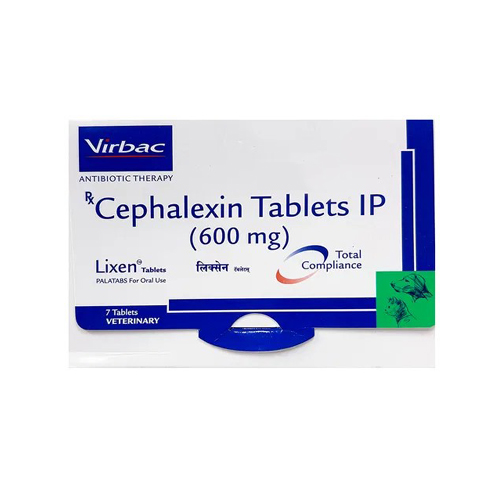
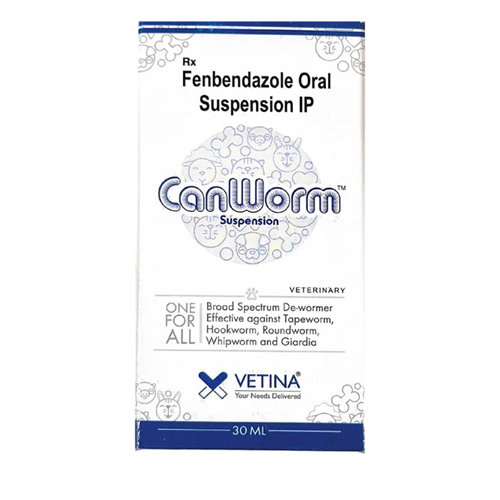



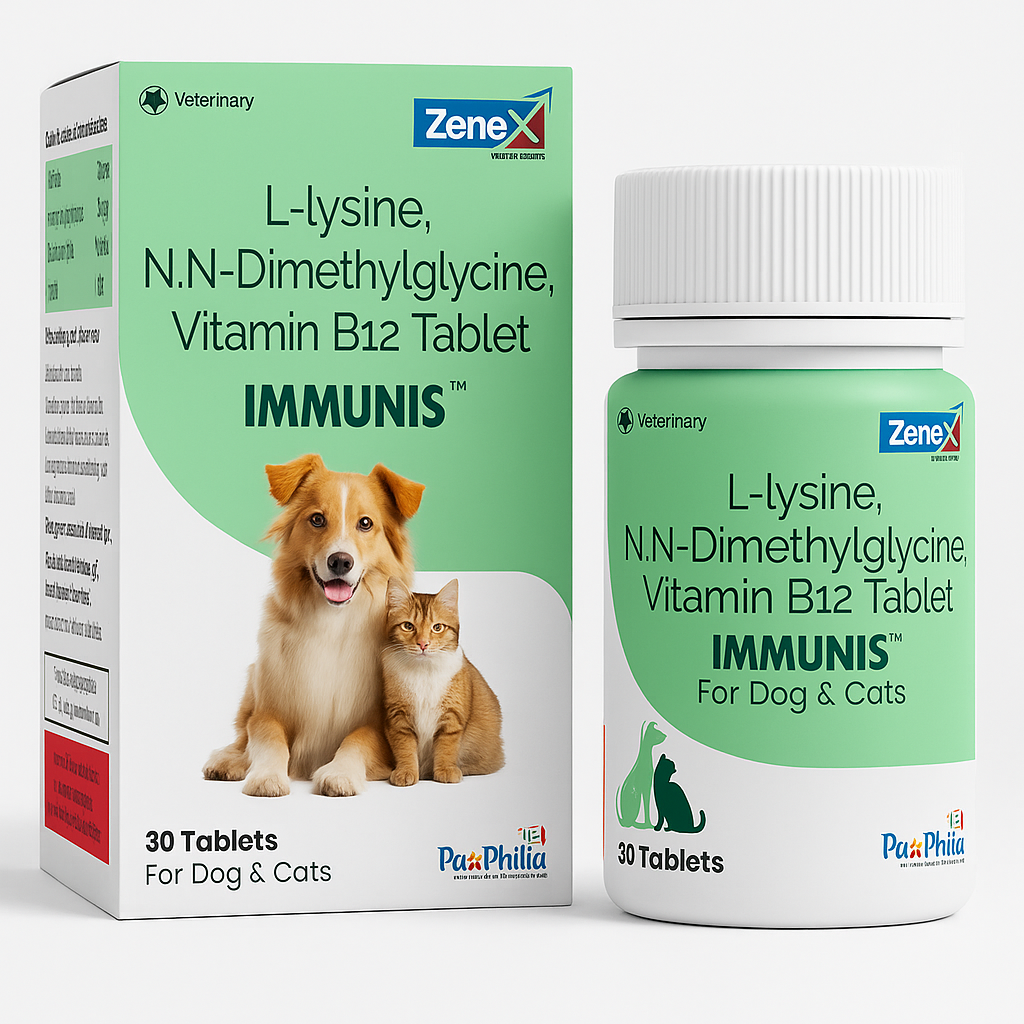
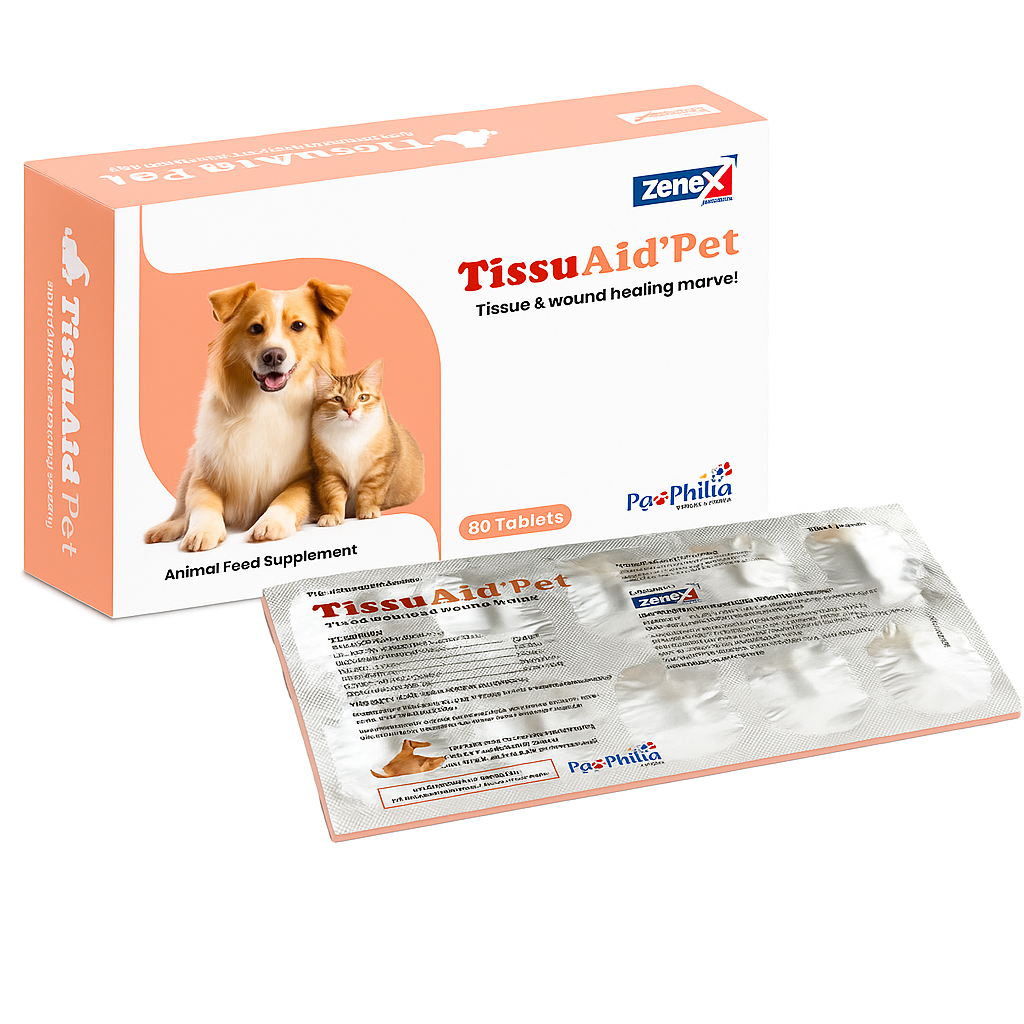
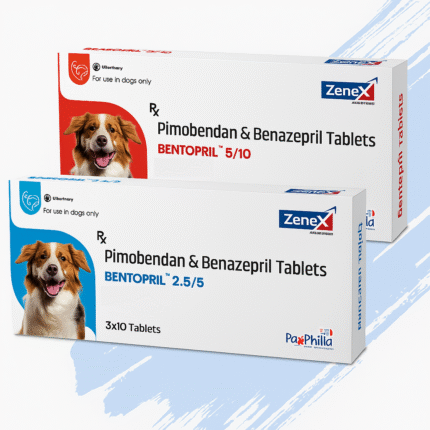
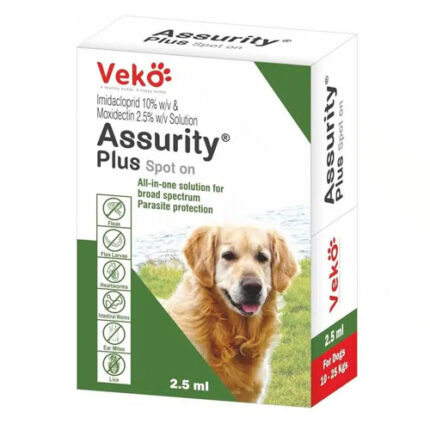
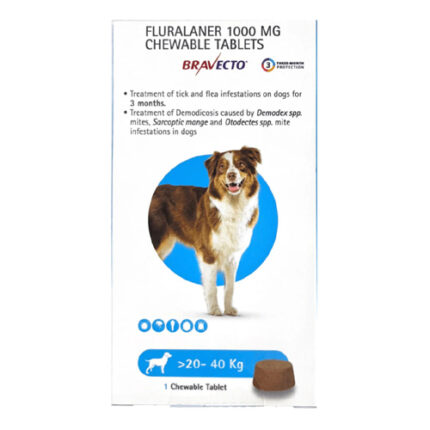
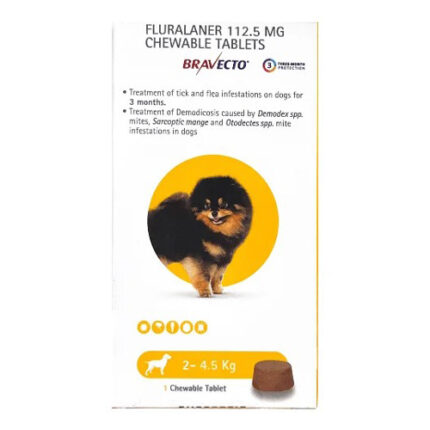

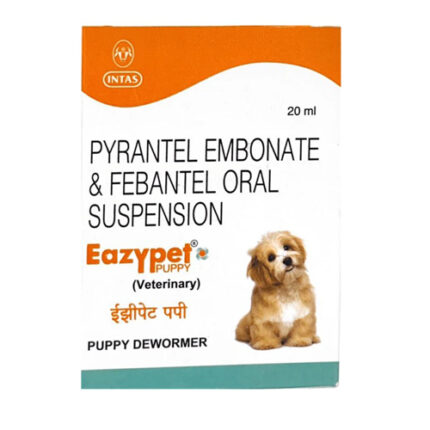
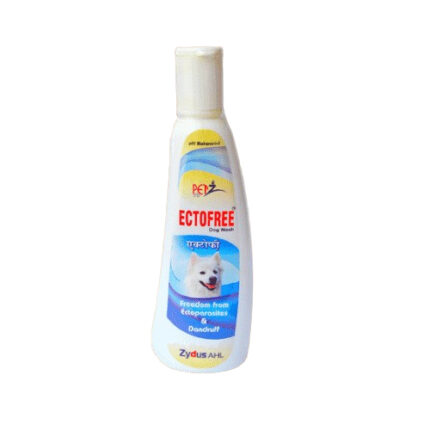
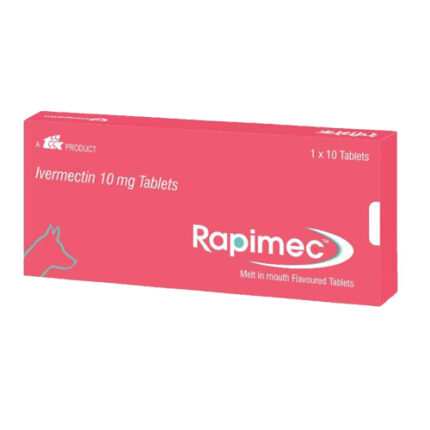
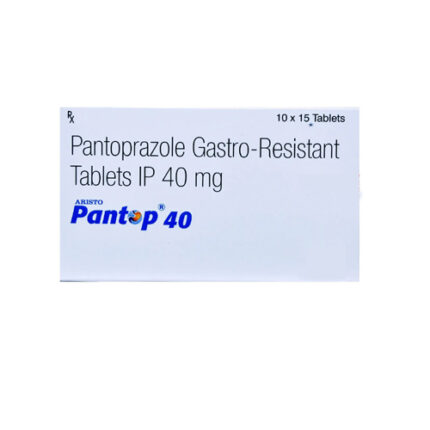
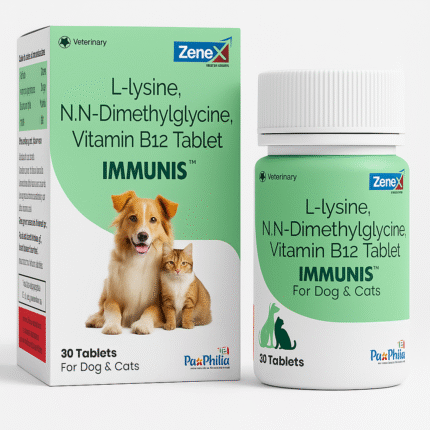
Reviews
There are no reviews yet.